Beccastone: Tell us briefly about Whitney Young and why you decided to do a documentary about him.
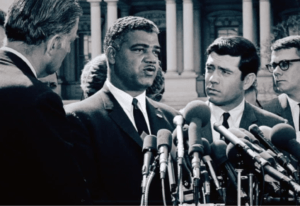 Bonnie Boswell: Whitney Young was a civil rights leader and the Executive Director of the National Urban League from 1961 to 1971, one of the most critical periods in the civil rights movement. He is probably best known for fighting job discrimination and pushing for equal educational and employment opportunities for African-Americans. During the tumultuous period of the 1960’s, he was able to hold onto and grow the business community’s financial and other support for the League’s programs. He was a key organizer of the March on Washington in 1963 and helped secure the passage of the Civil Rights Act of 1964. He served as an informal advisor to Presidents Kennedy, Johnson and Nixon. He died at the age of 49 in 1971.
Bonnie Boswell: Whitney Young was a civil rights leader and the Executive Director of the National Urban League from 1961 to 1971, one of the most critical periods in the civil rights movement. He is probably best known for fighting job discrimination and pushing for equal educational and employment opportunities for African-Americans. During the tumultuous period of the 1960’s, he was able to hold onto and grow the business community’s financial and other support for the League’s programs. He was a key organizer of the March on Washington in 1963 and helped secure the passage of the Civil Rights Act of 1964. He served as an informal advisor to Presidents Kennedy, Johnson and Nixon. He died at the age of 49 in 1971.
Whitney Young was also my uncle, my mother’s brother. I started thinking about doing a film on Uncle Whitney shortly after my mother died in 2002 and I was asked to speak on her behalf about my Uncle. The experience caused me to reflect on his contributions as a bridge-builder, a peacemaker, and an activist for social change. His leadership skills seemed particularly relevant in 2002 when the US was engaged in various military actions around the globe and the gap between the rich and poor in America was growing dramatically. I thought Uncle Whitney would be a good role model for the times and that holds true today too.
BS: What are your personal memories of your Uncle?
BB: To me he was always larger than life (he was over 6 feet tall), even though I really didn’t understand the significance of his role until the March on Washington, when I saw him for the first time on television. I remember asking my mother, “Why is Uncle Whitney on TV with all those people?” I remember him as a very generous man who was kind to everyone in our large family. One of my fondest memories is when I was in West Africa and it was a particularly busy time for Uncle Whitney, he sent me a postcard telling me how much he missed me and that unless I found an African prince to marry me, I should hurry back home! I know he picked out the card himself because it was for a 5 year old and I was 20-something at the time! But the card was memorable because no matter how busy he was, he took time out to write me and, as you can see, he had a sense of humor.
BS: What do you hope people will take away from the film?
BB: While the film is historical, it’s principal purpose is forward-looking. The film shows a man who could function effectively in many different worlds and build bridges between those worlds. He could walk between corporate America and the Black community, many of whom were angry and disillusioned at white America at the time. He was at ease in both settings. He could talk to rich and poor. He had an outgoing personality that let him reach out to all kinds of different people and across different lines.
I think my grandparents raised Uncle Whitney to be outgoing and encouraged him to make connections with people. My grandfather told a story that once Uncle Whitney was furious about the refusal of a local establishment in Kentucky to serve him when he was a teenager. My grandfather told him he should never let anyone drag you so low as to make you hate them. He taught Uncle Whitney and all of us to maintain our own dignity. My grandparents also embraced everyone in their community, Black and white.
To give you some background on my mother’s and Uncle Whitney’s parents, their father was the principal of the Lincoln Institute outside of Louisville, Kentucky. The white community established the Institute after a Supreme Court decision upheld Kentucky’s Jim Crow laws requiring that Black and white students be educated separately. The Institute had a large campus and beautifully designed buildings. But all the trustees of the Institute were white and all the students were Black. My grandfather had to work to keep the school going in a very hostile environment, but he learned to keep his own anger in check for the long-term survival of the school. My grandfather developed a very practical approach that I think influenced Uncle Whitney’s leadership style.
BS: Why is it important for parents to encourage their kids to see the documentary?
BB: Kids today live in a many faceted, multicultural world. To be successful, they need to be able to engage in dialogue with people they don’t necessarily agree with and who may have different values. Young people should understand how much they have in common with others and not judge others quickly. They need a bigger worldview than just their own community. Uncle Whitney is a good example of how much can be accomplished through broadening your perspective, reaching out to others and working toward consensus.
BS: Your son was a director and co-producer of the documentary. What was it like to work with your son?
BB: My oldest son helped shape the dramatic arc of the film and gave it energy. Having a youthful perspective helped make the film more accessible to young people. For example, my son had a better appreciation than I did of the importance of visually showing viewers what it was like to be in a segregated climate where economic opportunities for Blacks were severely restricted and Black aspirations were not recognized. I remember what it was like when I stayed at my grandparents’ home in Kentucky in the 1960’s, but my son’s generation has no idea. He pushed to get more scholars and current leaders to explain the tensions and complexities that existed within the civil rights struggle. This helps younger viewers better understand that the movement wasn’t just one group of people marching and protesting. He also urged us to explore more deeply the changing times and views towards the end of Uncle Whitney’s life.
BS: What is the best advice your mother gave you?
BB: Both my mother and my grandmother whom I spent a lot of time with, gave me a sense of dignity and compassion. I was always taught to reach out to others and to respect others while at the same time finding common ground.
Note: More information about the life of Whitney Young and the documentary “The Powerbroker” can be found at www.whitneyyoungfilm.com. There are also supplemental teaching and educational materials at the website.

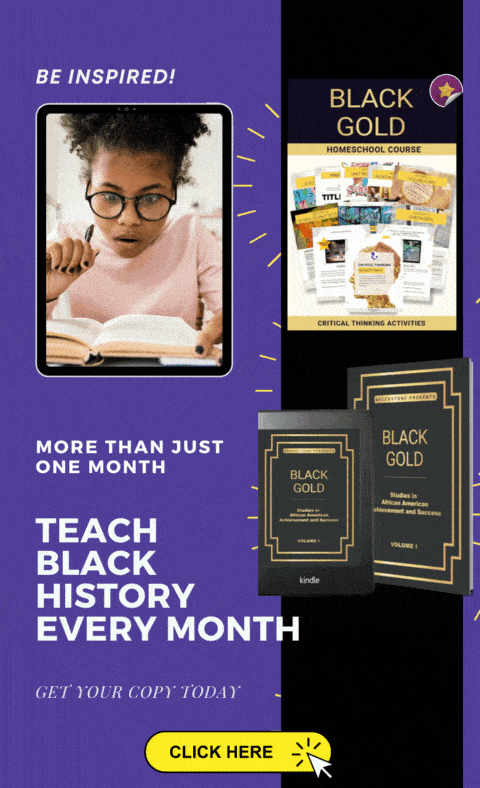

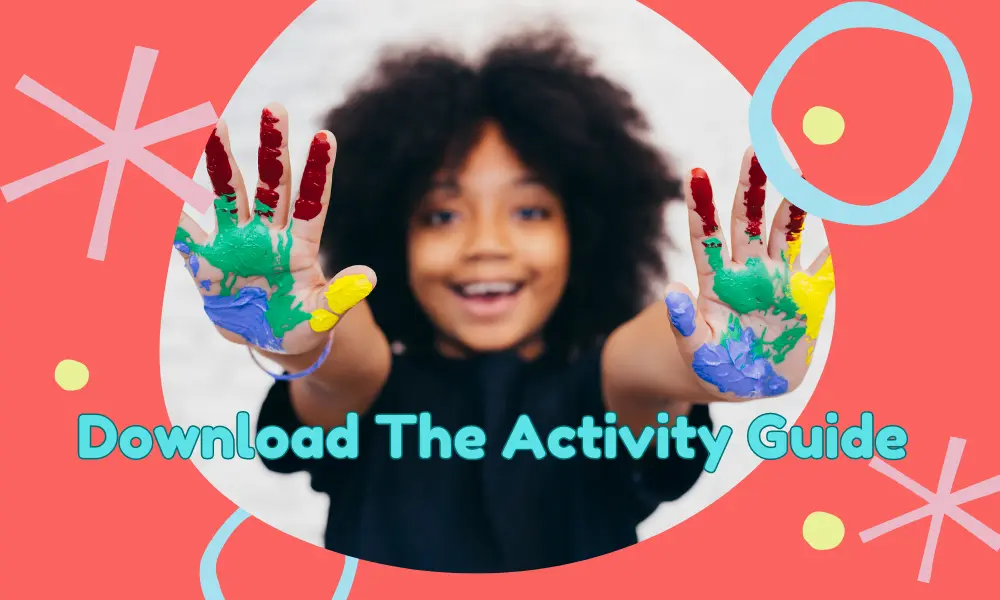
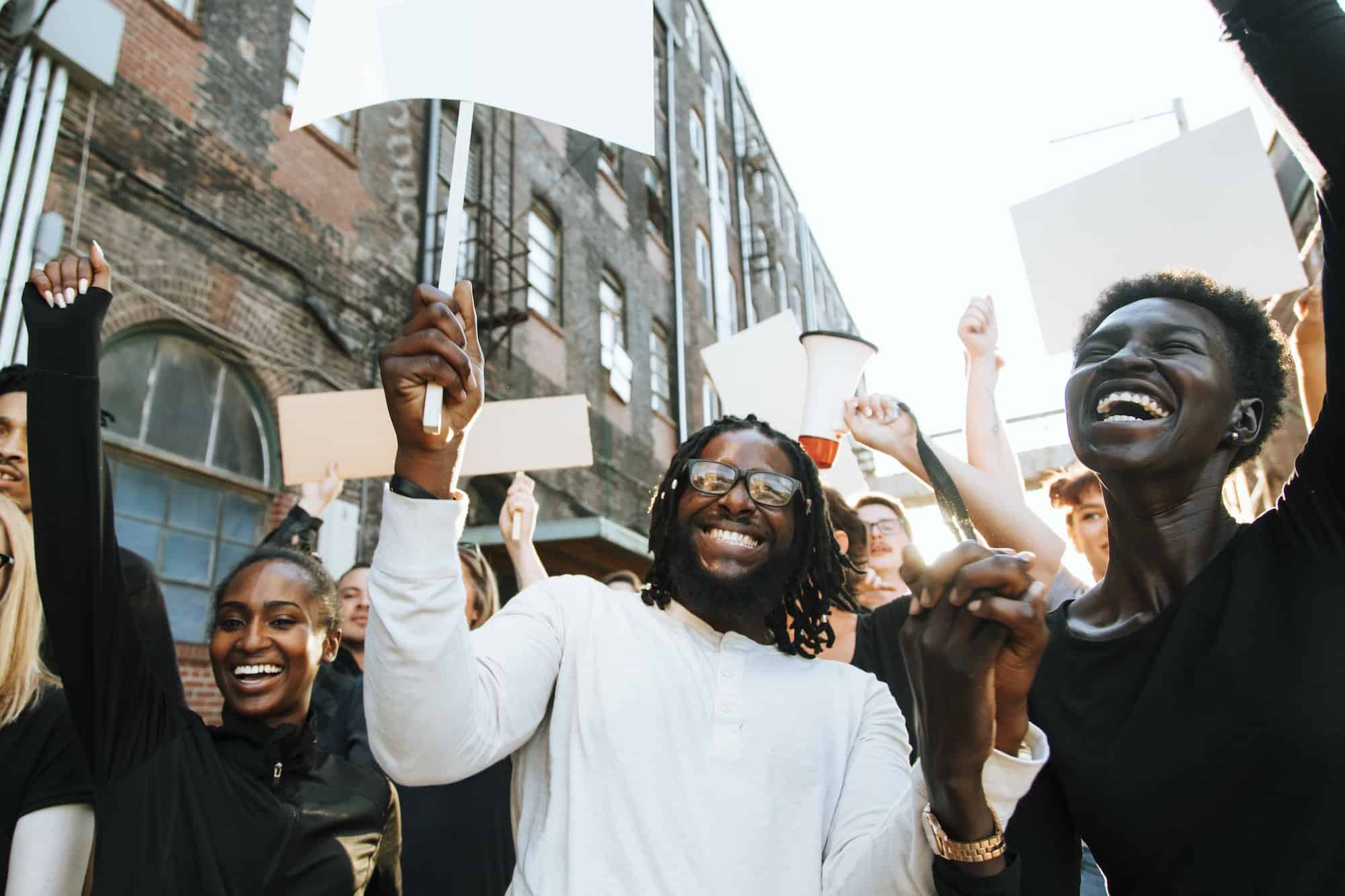
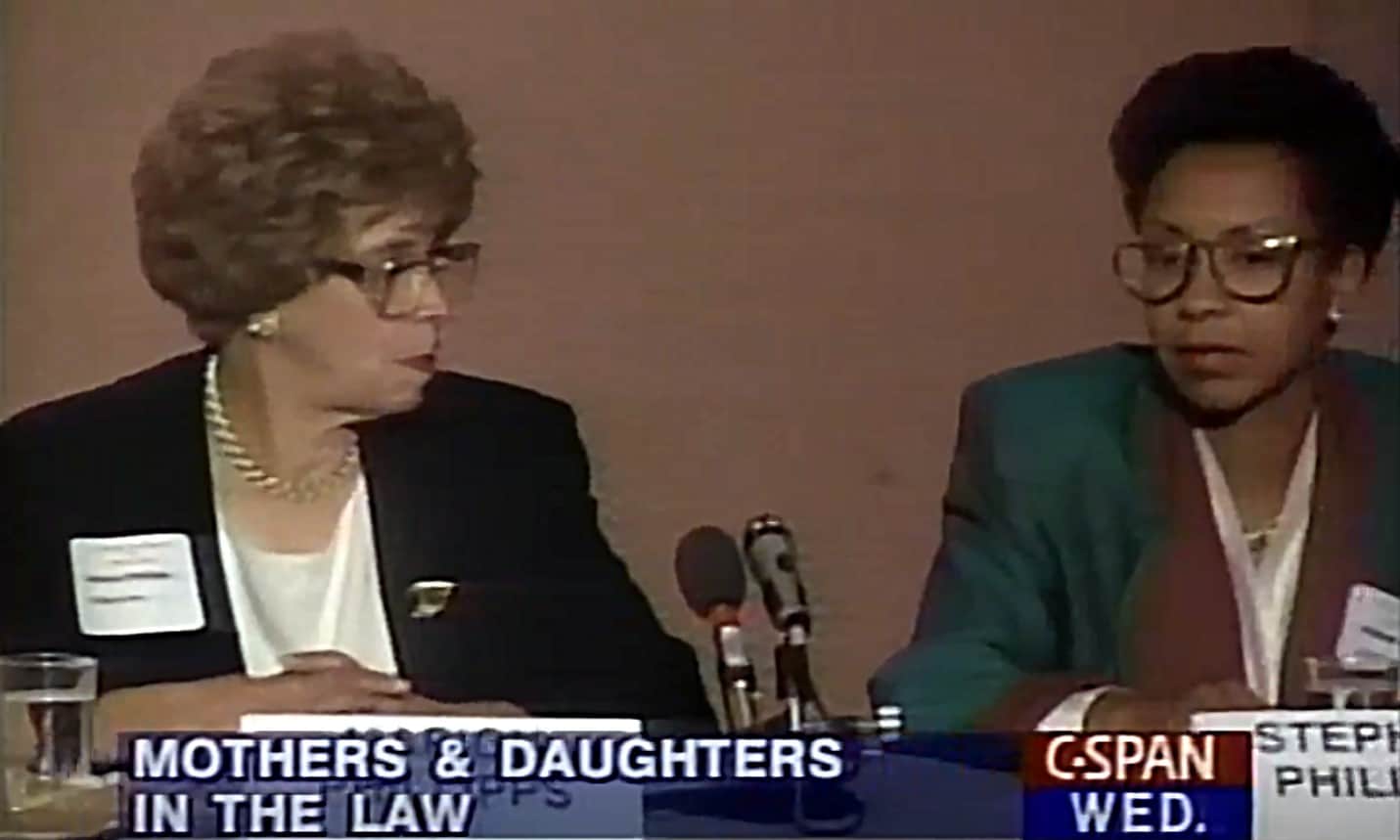
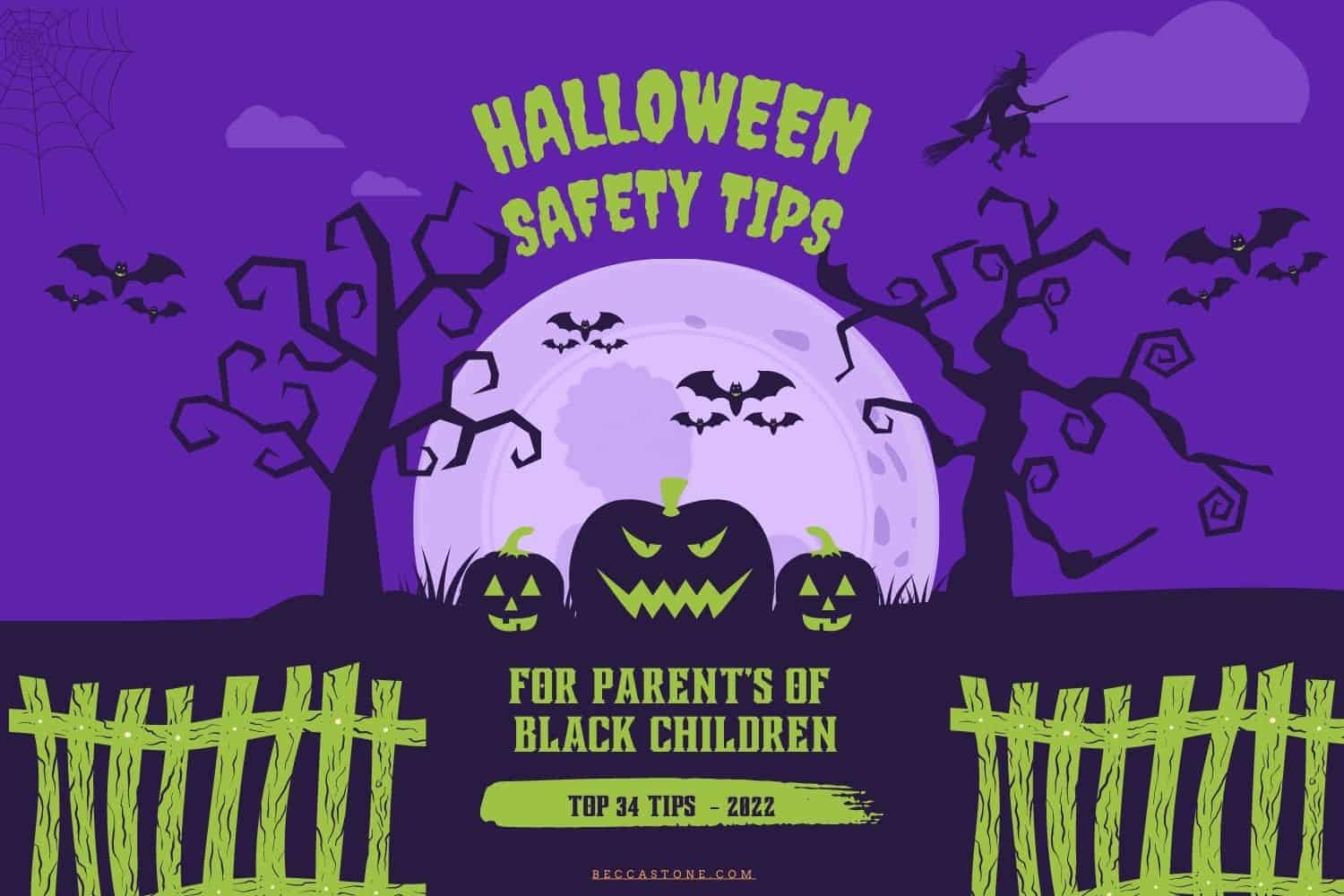
Share your thoughts